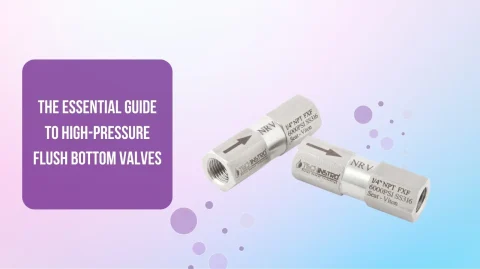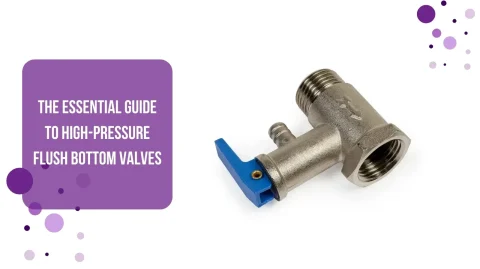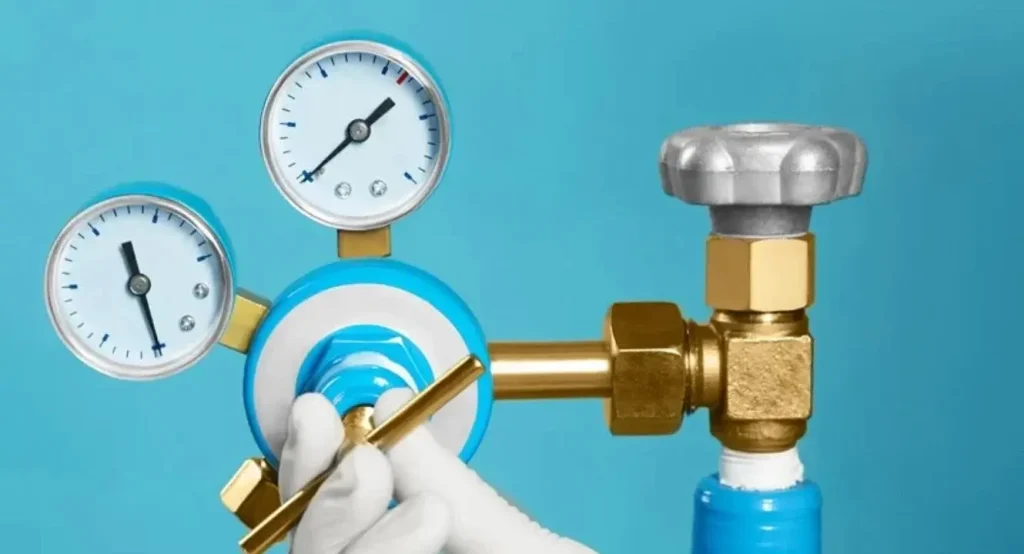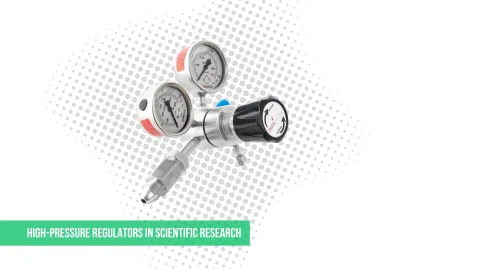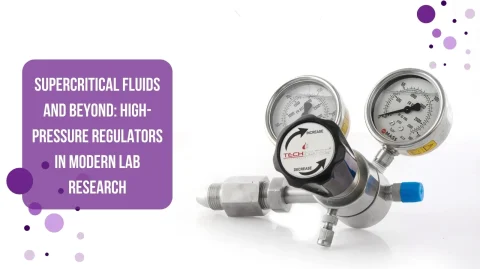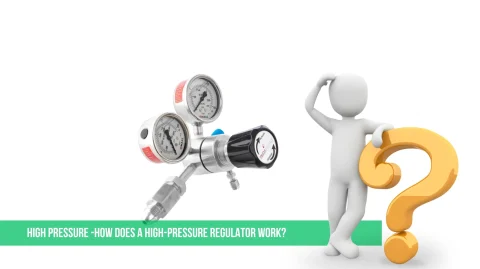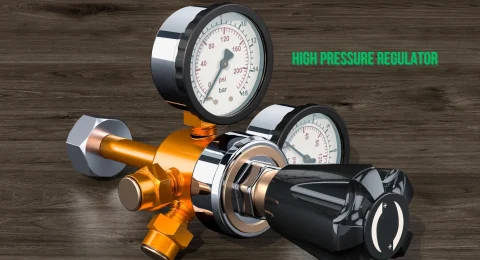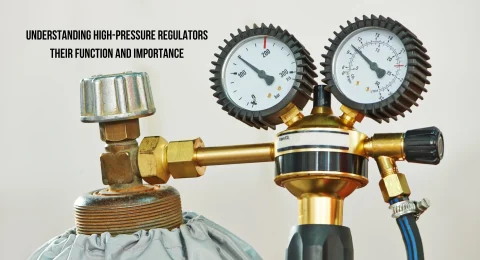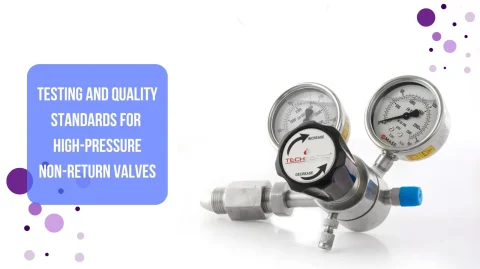A high-pressure regulator is an essential tool for controlling and stabilizing the pressure of gases or liquids in various industrial, scientific, and everyday applications. Its primary role is to reduce high-pressure input to a more manageable and consistent output, ensuring safety and optimal equipment performance. Here, we will discuss its various uses in an easy-to-understand way.
Industrial Applications
In industries, high-pressure regulators are vital for controlling the flow of gases like oxygen, nitrogen, or hydrogen during welding, cutting, and chemical reactions. They ensure the right amount of pressure is supplied to machinery, preventing accidents or equipment damage. For example:
- Welding and Cutting: Regulators are used to adjust the pressure of oxygen and fuel gases like acetylene for smooth operation.
- Chemical Manufacturing: They control the flow of gases in reactors to maintain safe and efficient chemical reactions.
Scientific Research and Laboratories
In research laboratories, high-pressure regulators are used in various experiments and testing setups. They help in:
- Gas Chromatography: Regulating the pressure of carrier gases for accurate analysis of samples.
- High-Pressure Reactors: Controlling pressure during chemical syntheses to achieve desired outcomes.
- Cryogenic Experiments: Maintaining precise control over gases stored in cryogenic containers.
Healthcare Sector
High-pressure regulators are indispensable in the medical field. Their uses include:
- Oxygen Cylinders: Regulating oxygen flow for patients in hospitals or at home.
- Respiratory Therapy Devices: Ensuring stable pressure delivery for devices like ventilators.
Aerospace and Aviation
Aerospace and aviation regulators are used to manage the pressure of gases in fuel systems, hydraulic systems, and pressurized cabins. For instance:
- They help supply oxygen to pilots and passengers at high altitudes.
- In rocket propulsion systems, they control the flow of high-pressure gases to ensure a steady thrust.
Energy Sector
High-pressure regulators play a vital role in the energy industry, particularly in:
- Natural Gas Distribution: Reducing gas pressure for safe transportation through pipelines.
- Renewable Energy Systems: Managing hydrogen flow in fuel cell systems for efficient energy generation.
Food and Beverage Industry
In the food industry, regulators are used in carbonated beverage systems to maintain the correct pressure of carbon dioxide for soda and beer dispensing. They are also utilized in processes like food packaging and inert gas preservation.
Construction and Mining
High-pressure regulators ensure the safe operation of pneumatic tools, air compressors, and heavy machinery used in construction and mining. They help maintain steady air pressure for tools like jackhammers and drills.
Everyday Uses
High-pressure regulators are not just for industrial use; they are also found in everyday applications like:
- Barbecue Grills: Regulating the flow of propane or natural gas for consistent heat.
- Aquariums: Controlling carbon dioxide levels for plant growth in aquascaping setups.
Importance of High-Pressure Regulators
High-pressure regulators are crucial for:
- Safety: Preventing overpressure conditions that could lead to explosions or equipment failure.
- Efficiency: Ensuring that systems work smoothly without waste of gas or energy.
- Precision: Delivering accurate pressure levels required for specific applications.
Conclusion
High-pressure regulators are versatile devices with various applications across industries, laboratories, healthcare, and everyday life. Controlling and stabilizing pressure ensures safety, efficiency, and precision in multiple processes. Whether it’s a sizeable industrial setup or a simple home application, these regulators are indispensable tools that make modern systems reliable and safe.
Buy it from here
